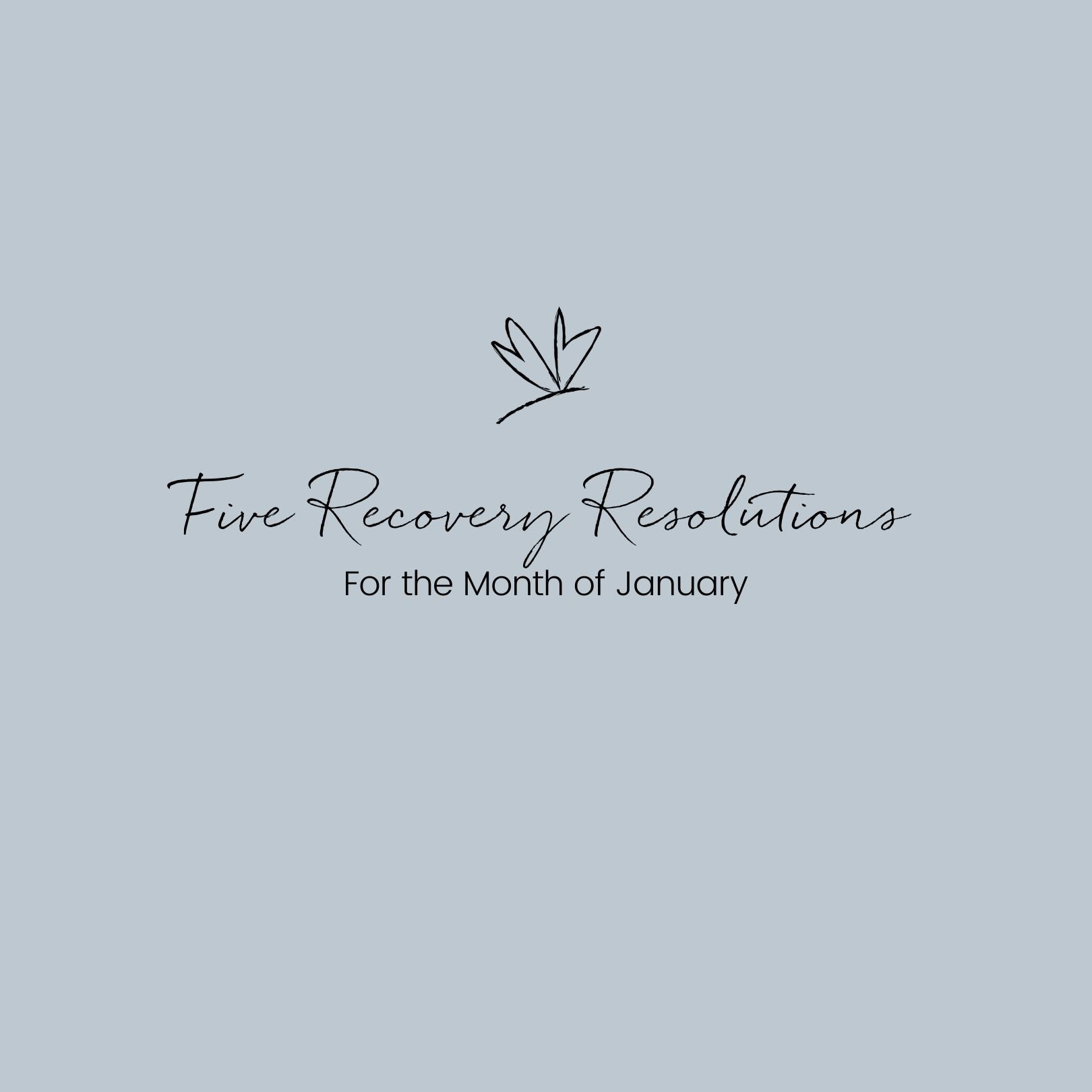What does a healthy relationship with food really look like?
We hear a lot these days about ‘how’ we should be eating.
 You’ve doubtless heard all kinds of discussion about how we might all learn to eat more ‘mindfully’, and to practice intuitive eating.It seems every nutritionist, celebrity, medic, gym bunny or personal trainer has a view about the ‘way’ in which we should nourish our body.
You’ve doubtless heard all kinds of discussion about how we might all learn to eat more ‘mindfully’, and to practice intuitive eating.It seems every nutritionist, celebrity, medic, gym bunny or personal trainer has a view about the ‘way’ in which we should nourish our body.
It’s one thing to be investigating such practices for yourself when you’ve never had so much as a single troubled issue with food and your mental health approach to eating.
Quite another, however, is the issue about how (or whether) you might choose to adopt a mindful eating approach if you are currently recovering from an eating disorder, or aware of relapse risk.
Perhaps critical to whatever approach you might in future choose to adopt for your eating style, however, is to understand just what DOES a healthy relationship with food look like.
If you’ve been through an eating disorder, you’ll know it can take you so far off course from the style of eating your friends and family enjoy.
You’ll know how obsessive, time consuming and exhausting it can become.
Here then, is a few really important identifiers to help remind you just what that healthy relationship with food SHOULD look like:
- You have periods of time when food never even enters your head and you are not even contemplating a meal or the food you have recently consumed. You feel satisfied and are too busy enjoying other conversations and activities you’re involved in.
- You are happy to eat and try a variety of foods and don’t label your foods as being a particular ‘fear’ food, or ones to be banished from your intake.
- You accept that your weight will go up a few pounds, and down a few pounds. This doesn’t worry you. You don’t see a need to regularly weigh yourself, and would certainly not angst over minor weight fluctuations.
- You know what hunger feels like, and when it strikes, you eat. You don’t overthink it, but you’ll serve your body with the food you feel it needs at the time.
- You know when you are full and are able to stop eating at that point – regardless of whether there’s food around you, on a table, in a cupboard or on your plate. You choose to stop at a point you feel satisfied. You are aware you are NOT in a famine and that there is not a scarcity of food, so you know that you can access more food when you do need it.
- You enjoy the process of cooking and eating and sharing food with others, but equally, you are not obsessive about it. You see it as something to partake in for pleasure and enjoyment.
- You don’t judge yourself on your food choices, and you don’t judge the choices of others excessively either.
- Whilst you may know that some foods are more dense in calories than others, or that some are deemed to be healthier than others, you do not choose to obsess about these factors when making your choices.
- You recognise that there are certain emotions and experiences which affect how you feel about the opportunity to eat or the type of food you select. Even so, you don’t let those dictate your decision around whether you are hungry or not.
- You appreciate that food is fuel, is important, is aiding your brain and is supporting your body. You welcome all the good it can do for your ‘machine’ of a being.
Of course, you may feel there are other key factors which identify a normal relationship with food, in your eyes.
Bear in mind that if you are recovering from an eating disorder, often it is JUST TOO EARLY, to feel bound by a strict mindful or intuitive eating programme, if it in any way allows you to ‘over think’ your decision as to whether to eat or not.
For some, a stalled metabolism and deeply entrenched eating disorder may make hunger cues less obvious in the first instance, but recognise that mental hunger (thinking about food all the time) could be at play and is something which should prompt you to reach for food regardless of other body-based cues.
It is crucial that you take on board enough nutrition to allow your brain to begin to rewire, and to ensure that in future you will be making far better cognitive decisions about your food choices.
- Oct 2019





